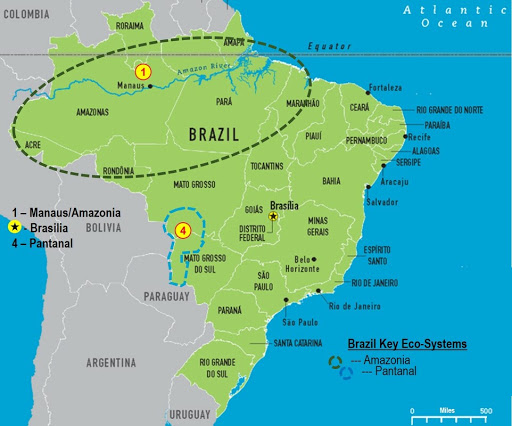RIO DE JANEIRO, BRAZIL – Between January and August of this year, 700,000 hectares (around 2,700 square miles) of the biome were destroyed by fires. This number is the same as the total in 2013 and 2015, and higher than the total in 2014 and 2018, according to the UFRJ lab.
An act of destruction is repeated around the Transpantaneira in the Pantanal in Mato Grosso. After the 2020 fire that left the largest burned area in history, the region is once again being ravaged by uncontrolled flames, forcing farmers and firefighters to work together to try to prevent the worst from happening.
The situation has worsened since last week, and so far 7,600 hectares have been destroyed by fires. Those who are leading the fight, amid trees in ashes and animals devoured by the rapid advance of the outbreaks, believe that this will be a new milestone in the destruction of the Pantanal area, even if the fire is of lesser magnitude.
In cumulative figures, the fires from January to August 2021 have already secured second place in the ranking of burned areas this decade. Between January and August of this year, 700,000 hectares of the Pantanal burned.
According to the UFRJ’s Laboratory of Environmental Satellite Applications, this value is equal to the total of 2013 and 2015 and higher than 2014 and 2018.
“The historical average between January and August is 292,000 hectares burned. We have already far exceeded that level. In other words, this is once again an atypical year in terms of the extent of fires” warns climatologist Renata Libonati, who coordinates the laboratory.
In 2020, 1.6 million hectares were burned between January and August. The year ended with 4 million hectares burned, equivalent to 28% of the Pantanal, which has never been recorded before. A study by UFMS, UFRJ, Embrapa/Pantanal, PrevFogo/Ibama, UFMT and UFBA found that 43% of the area burned last year had not been affected by fires in the last 20 years.
“This means that an entire generation of species that are more sensitive to fire may have been harmed by the fires in 2020” says Letícia Garcia.


